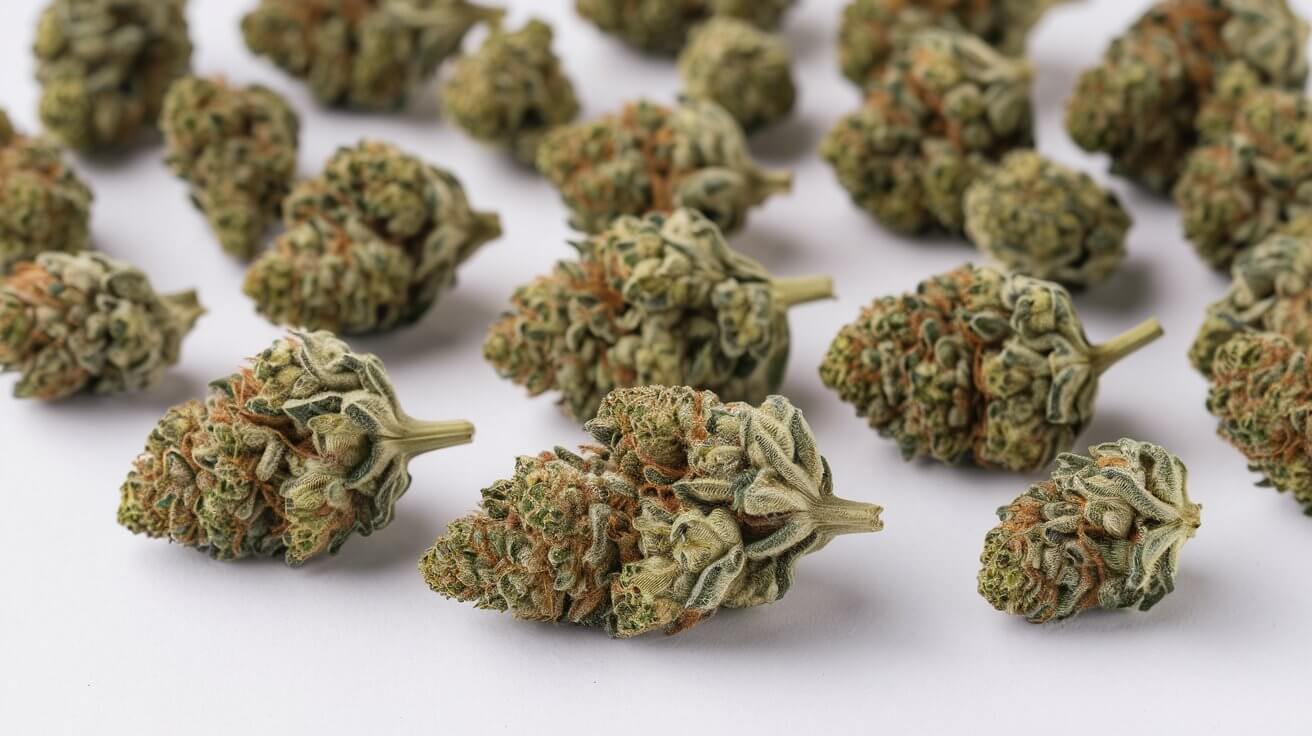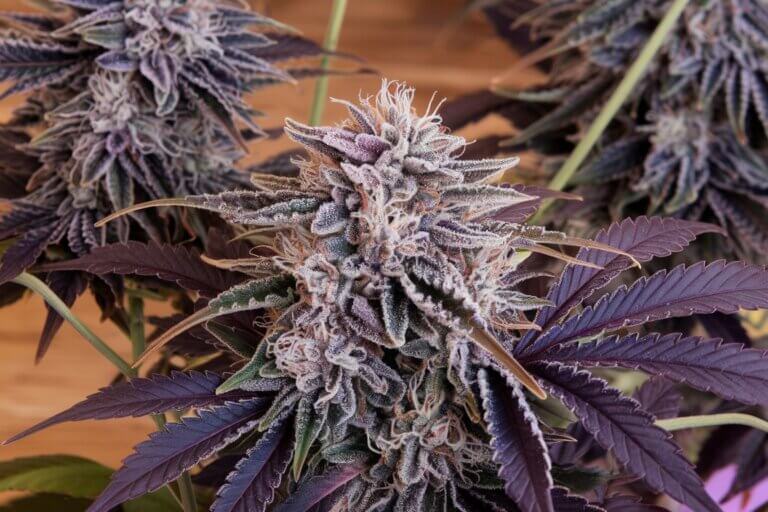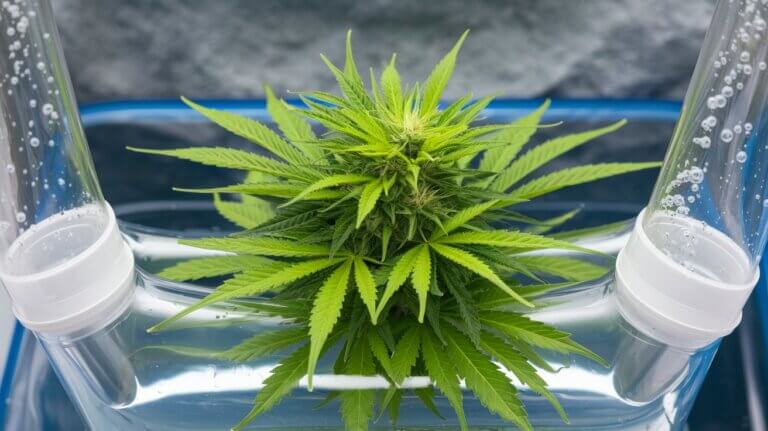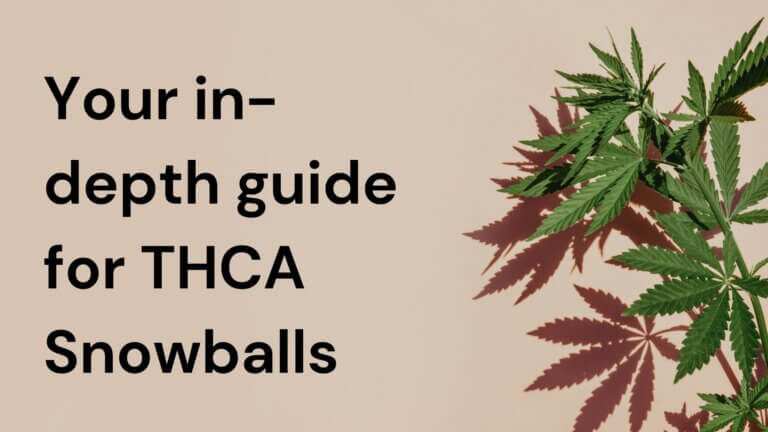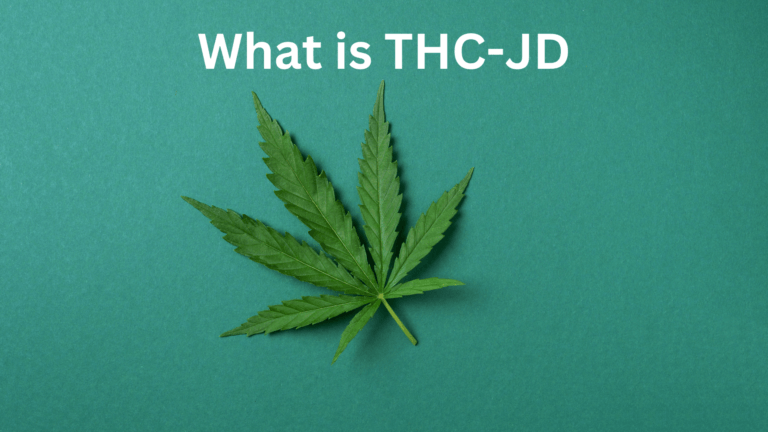What is Microdosing & What Are The Benefits?
Introduction
Microdosing is a growing trend that involves taking very small, sub-perceptual doses of psychedelic substances, such as LSD or psilocybin (the active compound in magic mushrooms). While the doses are too low to induce a full-blown psychedelic experience, proponents claim that it can lead to a variety of benefits, from enhanced creativity and focus to better mental health and well-being.
What is Microdosing?
The Concept of Microdosing
Microdosing is the practice of consuming tiny amounts of psychedelic substances, typically around 10-20% of a recreational dose. For substances like LSD or psilocybin, these microdoses are so small that they don’t result in any noticeable hallucinations or major alterations in perception. Instead, users report subtle shifts in mood, creativity, energy, and cognition.
How Microdosing Works
When microdosing, individuals usually follow a specific regimen. The most common approach is the Fadiman protocol, named after psychologist James Fadiman, who popularized the practice. The protocol involves taking a small dose every three days—one day on, two days off—to avoid building tolerance. This schedule allows users to experience the benefits without the risk of disrupting their day-to-day life or mental balance.
The idea behind it is that it provides the positive effects of psychedelics without overwhelming or altering the user’s ability to function normally in society. It’s essentially a way to tap into the therapeutic and creative potential of psychedelics without triggering the intense experiences they are often associated with.
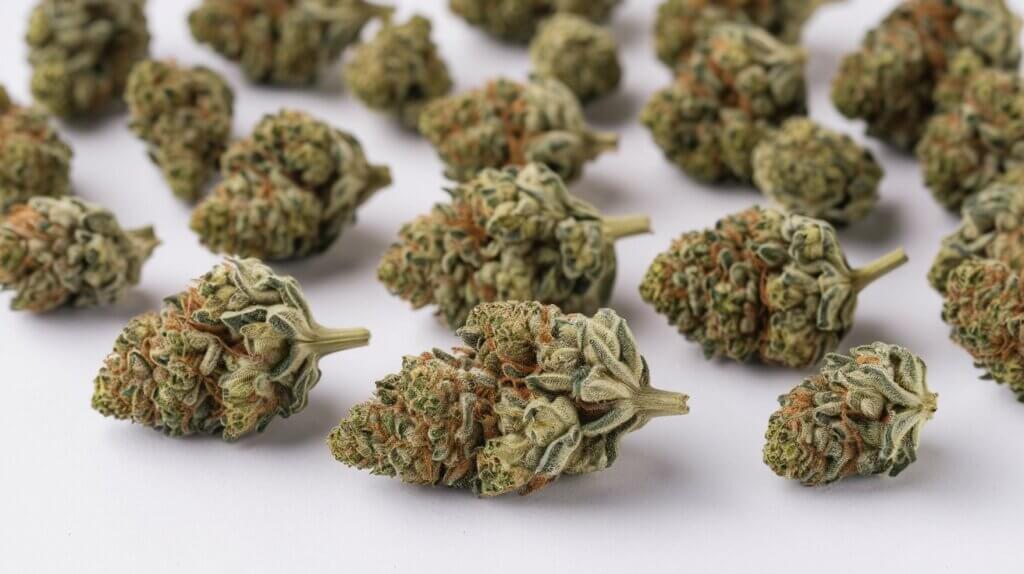
Benefits of Microdosing
Microdosing has gained a significant following in recent years, and many individuals who practice it claim to have experienced a variety of positive effects. Below, we’ll explore some of the most commonly reported benefits of microdosing.
Enhanced Creativity and Problem-Solving
One of the most frequently cited benefits of microdosing is the boost in creativity it provides. Many users report experiencing greater inspiration, new ideas, and enhanced problem-solving abilities. The subtle shifts in perception can allow individuals to view problems from a new angle, leading to innovative solutions.
It may encourage “out-of-the-box” thinking, which is particularly beneficial for individuals in creative fields like writing, music, design, or entrepreneurship. Artists, designers, and tech innovators often speak of increased flow states and enhanced creative output while microdosing.
Increased Focus and Productivity
In addition to creativity, microdosing has been reported to improve concentration, clarity of thought, and productivity. Some users say they feel more focused and less distracted by everyday annoyances. For those struggling with issues like ADHD or chronic distractions, microdosing may offer a natural way to sharpen cognitive function without the use of pharmaceuticals.
This might enhance neuroplasticity, the brain’s ability to form new connections and learn more efficiently. This has implications for cognitive flexibility, which is crucial for adapting to new situations, acquiring new skills, and completing complex tasks.
Enhanced Emotional Well-being
A number of people who microdose report improvements in their emotional well-being, including reduced anxiety, improved mood, and greater emotional resilience. Some individuals claim that microdosing helps them break free from negative thought patterns or habitual emotional responses, fostering a more balanced and positive state of mind.
Microdosing may also help regulate serotonin levels, which play a critical role in mood regulation. As a result, microdosing can help individuals deal with stress and anxiety in a more controlled and mindful manner.
Better Social Interactions
Some individuals claim that such activities has improved their social interactions, making them feel more confident, empathetic, and engaged in conversations. Microdosing may help individuals overcome social anxiety and experience greater emotional openness and connection to others.
For those who struggle in social settings, whether due to shyness or social anxiety disorder (SAD), it can facilitate smoother, more enjoyable interactions. This improved sense of connection could also contribute to stronger personal relationships and professional networks.
Potential Relief from Depression and Anxiety
Emerging research suggests that psychedelics like psilocybin may have potential therapeutic applications for conditions such as depression and anxiety. While microdosing is not a replacement for clinical treatment, some individuals have reported a reduction in symptoms of depression and anxiety after incorporating this into their routines.
Psilocybin and other psychedelics have been found to increase brain connectivity, which may help disrupt negative thought loops and promote emotional healing. Microdosing allows individuals to experience these benefits without the full psychedelic experience, providing relief for some people dealing with mental health challenges.
Increased Physical Energy
Some microdosers report experiencing an increase in physical energy, which may lead to greater motivation and stamina throughout the day. This heightened sense of physical energy may complement other positive effects like enhanced mood and focus, creating a holistic sense of well-being.
The Science Behind Microdosing
Despite the growing interest, scientific research into its effects is still in the early stages. However, some studies and anecdotal evidence suggest that there may be real benefits to the practice.
Neuroplasticity and Brain Connectivity
One of the main theories behind the positive effects of microdosing is that psychedelics may enhance neuroplasticity, which is the brain’s ability to adapt and reorganize itself. By promoting the growth of new neural connections, it could theoretically lead to improvements in cognition, creativity, and emotional regulation.
Research has shown that psychedelics like psilocybin and LSD can increase brain connectivity, leading to a state of heightened awareness and flexibility. This enhanced connectivity may allow individuals to process information more effectively, learn new concepts more quickly, and think more creatively.
Serotonin and Mood Regulation
Psychedelics like psilocybin and LSD primarily interact with serotonin receptors in the brain. Serotonin is a neurotransmitter that plays a key role in mood regulation, happiness, and emotional balance. By influencing serotonin pathways, microdosing may help stabilize mood, reduce anxiety, and promote a sense of well-being.
While the exact mechanisms are not fully understood, researchers believe that psychedelics like psilocybin may act as “reset” buttons for the brain, particularly for individuals suffering from depression, anxiety, or PTSD.
Limited but Growing Research
Currently, the scientific community is still studying it’s effects. While some studies have shown promising results, particularly in terms of mood enhancement and cognitive improvements, more research is needed to understand the long-term effects of micro-dosing and whether it is truly effective for mental health treatment.
Is Microdosing Safe?
While many people report positive experiences, it’s important to note that the practice is not without risks. Since psychedelics like LSD and psilocybin are illegal in many countries, obtaining them can be risky. There’s also the possibility of consuming a higher dose than intended, which can lead to negative effects, including intense hallucinations or anxiety.
Potential Side Effects of Microdosing
Although it involves small doses, there can still be side effects. Some people report feeling slightly anxious or uncomfortable after taking a microdose. Others may experience changes in mood, energy levels, or cognitive functioning, either positive or negative. It’s also possible for individuals to experience physical discomfort such as headaches, nausea, or dizziness.
For those with a history of mental health issues, particularly psychosis or schizophrenia, it may not be a safe option. It’s always best to consult with a healthcare provider before beginning any form of microdosing.
Conclusion: Should You Try Microdosing?
It offers a wide range of potential benefits, from enhancing creativity and focus to improving emotional well-being. While the practice is not without its risks, many individuals find it to be a valuable tool for improving their day-to-day life, particularly when used as part of a larger wellness routine. However, more research is needed to fully understand its long-term effects and therapeutic potential.
As with any experimental practice, it’s important to approach it with caution, ensuring that it aligns with your personal health needs and goals. Always prioritize safety, and consider consulting a healthcare professional before diving into the world of microdosing.
FAQs
What is the recommended dosage for microdosing?
The typical dose for microdosing is around 10-20% of a recreational dose. For psilocybin, this usually translates to about 0.1 to 0.3 grams of dried mushrooms. For LSD, a typical microdose would be around 10-20 micrograms.
Can microdosing help with depression or anxiety?
While some anecdotal evidence suggests that microdosing may help with depression and anxiety, it is not a substitute for professional treatment. Psychedelic research for mental health is still in its early stages, and more studies are needed to confirm its effectiveness.
Are there any side effects of microdosing?
Possible side effects include anxiety, headaches, nausea, or mild mood fluctuations. These effects are usually short-lived and sub-perceptual, but they can vary from person to person.
How often should you microdose?
The most common regimen is the Fadiman protocol, which involves dosing once every three days. This allows the body time to reset and helps prevent tolerance buildup.
Is microdosing legal?
In many countries, including the United States, microdosing is illegal because substances like LSD and psilocybin are classified as controlled substances. Always check local laws before attempting to microdose.
How long does the effect of a microdose last?
The effects of a microdose typically last between 4 to 6 hours. These effects are subtle and may include increased creativity, focus, and emotional well-being.
